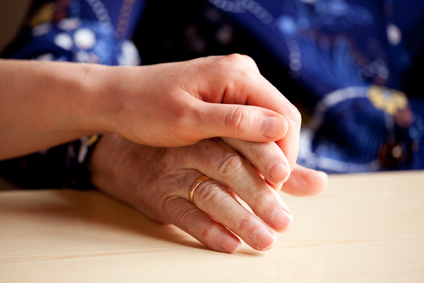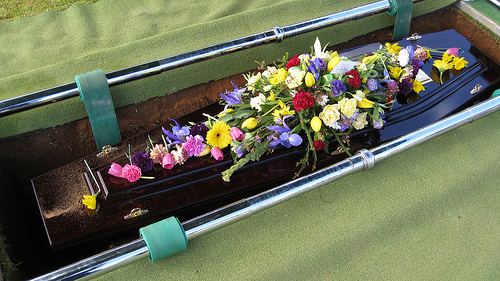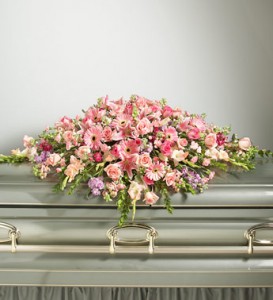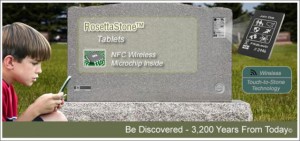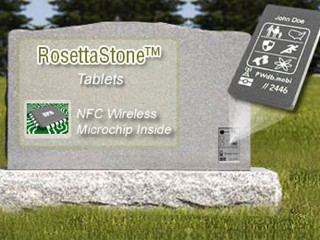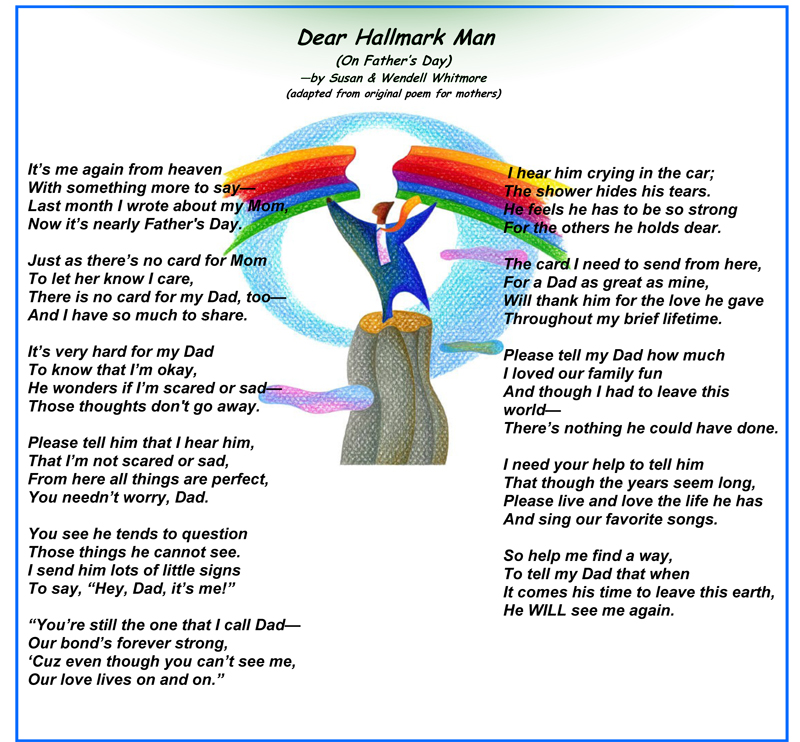Finding a Burial Insurance Policy
Sadly, the world we live in today has many seniors who are without the means to ensure their final expenses are all taken care of financially. Losing a loved one is one of the most difficult and emotionally stressful things anyone can endure. This incredibly challenging time is only further complicated when a family must scramble to come up with money they flat out don’t have. Additionally, funerals are extremely expensive, the overwhelming majority of people simply don’t have $10,000-$15,000 just laying around.
No family wants to see their loved one sit in a morgue or go without a proper service to commemorate their departed. As a result, families will often take on debt or employ other creative means to gather the necessary funds to pay for the funeral.
This situation has created high levels of demand for what are called burial insurance policies. Interestingly, burial insurance is not an official type of life insurance. It’s more of a marketing term. In fact, you will often hear burial insurance be frequently referred to as “funeral insurance” and “final expense insurance”. At the end of the day, they are simplified issue whole life insurance policies. They won’t ever expire, the price per month never increases, and the benefits never decease.
These burial insurance plans offer instant peace of mind to those who are eager to ensure they don’t leave their family with the burden of their unpaid funeral costs. If you are approved for immediate protection (most are), your policy will fully pay out even if you have only had it for one day.
If you are one such person who is searching for peace of mind, burial insurance is the product for you. With that, the question you must be asking yourself now is: “How do I find the best burial insurance policy for me?“ Well, this article will show you just how to do that.
The Impact of an Independent Final Expense Agency
You might think this task will require dozens of phone calls, and endless amounts of research. In fact, nothing could be further from the truth. In reality, you alone are not able to find all the various burial insurance companies that offer these plans, and consequently diagnose which one is best for you.
Here’s the bottom line.
You need to lean on an expert that will find you the best policy possible. With that, the only “work” you need to do is whatever it takes to find the expert needed to complete the task. Think of going to the dentist. You rely on their expertise to fix your teeth because they are experts at it. Not to mention, working on your own teeth sounds like a very bad idea that likely won’t end well. In short, here is what you need to look for:
Above all else, finding a properly equipped and highly experienced independent burial insurance agency is the single greatest action you can take to ensure you secure the best burial insurance plan.
You might be wondering, what do you mean by “properly equipped”?
That simply means the agency must have access to multiple insurance companies. Only independent life insurance agencies can freely represent lots of different insurance companies. The whole idea behind an independent broker is their ability to impartially shop and compare rates from all the various companies they represent. Every smart consumer today realizes the need to shop around to get the best deal. Well, in essence, working with an independent broker is shopping around (only they do it for you).
It gets even better.
Working with an agency like this won’t cost you any money, and the insurance will cost the same as if you went directly to the insurer. Talk about value. When it’s all said and done, it’s just like having a personal burial insurance shopper on your side. They do all the work, but you are the one who walks away with a burial insurance plan at the lowest cost possible.
Experience is Critical
At first, you may think it’s obvious to select a broker that is experienced. While experience is usually a very good thing in business, it’s especially true when it comes to burial insurance. The thing is; all these insurance companies have vastly different underwriting. They all accept and reject different health conditions. At the end of the day, which funeral insurance company looks at your particular health profile most favorably will likely be the company that will offer you the best plan on the market.
Now,
This is where the experience becomes so paramount. Only after years of helping people acquire final expense insurance, can an agency finally become fully aware of how each insurer responds to health issues. That knowledge is key. It’s what allows the agency to recommend the proper burial insurance company after learning about your health issues, if any. Without a thorough understanding of underwriting for each carrier, it would be a guessing game. That wouldn’t end well for you.
It’s no secret that when companies compete for your business, you, the consumer, win. This is why working with an independent agency is so effective. The put the free market to work for you. We highly recommend Choice Mutual as a great burial insurance agency to work with. They are a very well respected nationwide agency that can surely help you if you need a plan. However, as long as you find an agency with attributes like we suggest, you will be in good hands.
How Much Money Do You Need For Your Funeral?
You must figure out what kind of a funeral service you would like, so you can determine how much coverage you need. Decide whether or not you want to be cremated or buried. Decide what kind of a service you want. Figuring out these things will help you determine how much burial insurance coverage is required, so you’ll know you have enough coverage to pay for everything. Remember, the goal is to ensure your loved ones don’t have to come out of their own pockets for your final expenses.
- A traditional burial funeral today can cost anywhere from $7,000-$15,000.
- A cremation funeral today can cost anywhere from $1,000-$8,000.
In addition to these numbers, you should also factor in inflation. Presently, the funeral industry experiences a rate of inflation of about 5%. Basically, this will mean that funeral costs will double 20 years from now. An experienced final expense agency should be able to help you factor in inflation.
In the end, you basically choose between buying enough coverage for today’s costs or buying enough for the future cost. If you can’t afford to buy enough protection that factors in inflation, just buy what you can today. You can always add more coverage in the future.
Mind Your Budget
Burial insurance is no different than any other kind of funeral insurance in that you are only protected as long as you make your premium payments. The moment you stop paying your car insurance, home insurance, or health insurance, your protection ends. The same is true for final expense life insurance.
Before you sign up for your policy, you must ask yourself the following question:
“Can I afford this payment every single month for all 12 months of the year regardless of what happens in my life?”
If you can’t say yes to the question, you should not be enrolling in the plan you are considering. It’s critically important you choose a benefit amount that has a monthly payment that is ultra comfortable in your monthly budget.
If you your budget is such that you can’t afford as much coverage as you would like, do not let it throw you off. Don’t get caught up in the fact that you simply can’t afford the coverage you want. Many American’s would love to drive a Lamborghini. The problem is affording a Lamborghini is not realistic. As a result, most people drive Fords, Chevy’s and Honda’s because that’s what they can afford. They definitely don’t choose to go without a car simply because they can’t afford the care they really want.
Buy what you can afford because your family will greatly appreciate what contribution you have made. Not to mention, you can always add more coverage in the future too if you budget changes.
Final Thoughts
Finding the best burial insurance plan isn’t rocket science. As you can see, it’s actually quite simple. If you follow this advice, you put yourself in position to get a really good policy that has a very competitive price. In addition, you will very likely receive an immediate benefit.
There are many providers of final expense out there, but they are not all created equal. Make sure you qualify the agency up front before you decide to do business with them. You can check the BBB, or your state department of insurance to verify they are licensed and appointed with multiple carriers. Once you have found a qualified agency, put your plan in place as soon as possible, and make sure it’s completely comfortable with your budget.
Your family will one day appreciate what you are doing right now. When they receive that check which will pay for the funeral, a massive weight will be lifted off their shoulders. They will be able to peacefully mourn your parting without any added stress.

